" Intelligence is what you use when you don’t know
what to do, when all the standard answers are inadequate "
- Jean Piaget
What's Intelligence?
Intelligence is a term that is difficult to define, and it can mean many different things to different people. In fact, it has divided the scientific community for decades and controversies still rage over its exact definition and form of measurement.
In the popular sense, intelligence is often defined as the general mental ability to learn and apply knowledge to manipulate your environment, as well as the ability to reason and have abstract thought. Other definitions of intelligence include adaptability to a new environment or to changes in the current environment, the ability to evaluate and judge, the ability to comprehend complex ideas, the capacity for original and productive thought, the ability to learn quickly and learn from experience and even the ability to comprehend relationships.
A superior ability to interact with the environment and overcome its challenges is often seen as a sign of intelligence. In this case, the environment does not just refer to the physical landscape (eg. mountains, forests) or the surroundings (eg. school, home, workplace) but also to a person’s social contacts, such as colleagues, friends and family – or even complete strangers.
Researchers asked about the aspects of intelligence felt that factors like problem-solving ability, mental speed, general knowledge, creativity, abstract thinking and memory all played important roles in the measure and standard of intelligence. Most agree that intelligence is an umbrella term which covers a variety of related mental abilities.
Intelligence mostly varies due to environment, not genes
The dominant hereditarian view of intelligence holds that intelligence is mostly fixed by the genes. Richard Nisbett has dismantled the evidence on which the hereditarian theory is based. In his new book, Intelligence and How to Get It, Nesbitt argues that the twin studies on which the hereditarian view is based are deeply flawed. The main problem is that the adoptive homes in which those separated twins often find themselves are uniformly enriched learning environments. Nisbett’s book was reviewed by Jim Holt of the NYT Book Review:
Nisbett bridles at the hereditarian claim that I.Q. is 75 to 85 percent heritable; the real figure, he thinks, is less than 50 percent. Estimates come from comparing the I.Q.’s of blood relatives — identical twins, fraternal twins, siblings — growing up in different adoptive families. But there is a snare here. As Nisbett observes, “adoptive families, like Tolstoy’s happy families, are all alike.” Not only are they more affluent than average, they also tend to give children lots of cognitive stimulation. Thus data from them yield erroneously high estimates of I.Q. heritability. (Think: if we all grew up in exactly the same environment, I.Q. differences would appear to be 100 percent genetic.) This underscores an important point: there is no fixed value for heritability. The notion makes sense only relative to a population. Heritability of I.Q. is higher for upper-class families than for lower-class families, because lower-class families provide a wider range of cognitive environments, from terrible to pretty good.
Subscribe to:
Comments (Atom)
Get a GAG !...Move the pointer over to stop the slideshow.
-

Photoshop
Ha ha ha.. -

Friends
Nice to have friends.. -

Bodyguards
Lolzz... -

Play
Lolz.. -

Brave Dog
Cute... -

Iron Man
Lolz.. -
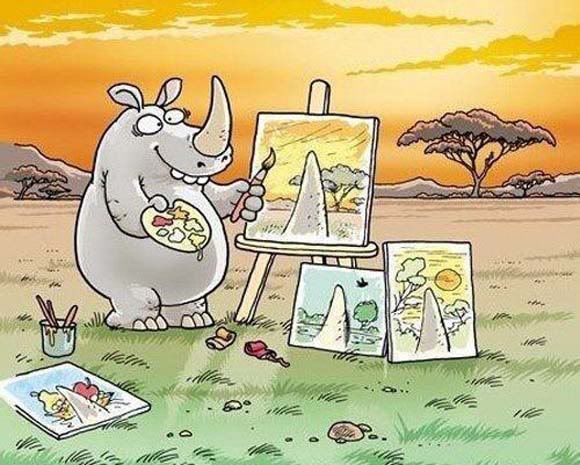
Rhino Artist
Oh.. -

Optimism
OMG!! -

Beggar
Clever.. -

All is Well
Yes it is ..!! -
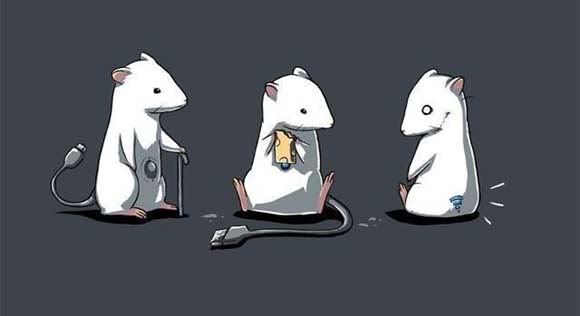
Evolution of Mouse
Ha ha ha.. -

Prank
It's fun ! -

Hanging man
ROFL !! -

Any Key
Lol -

Circle of life
Nice.. -

Beggar
He rocks!! -

Why Wolverine fails?
ROFL !! -

Wiki Leaks
Good one!! -

Virtual Baby
lolzz!! -

Undo
Nice!! -

Santa is caught
LoL!! -

What an idea
Be careful -

Mp5
What's gonna be mp6? -

Zoom
ROFL!! -
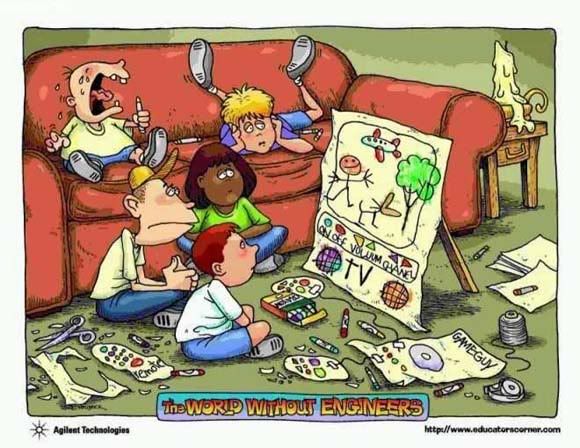
World Without Engineers 1
LoL!! -
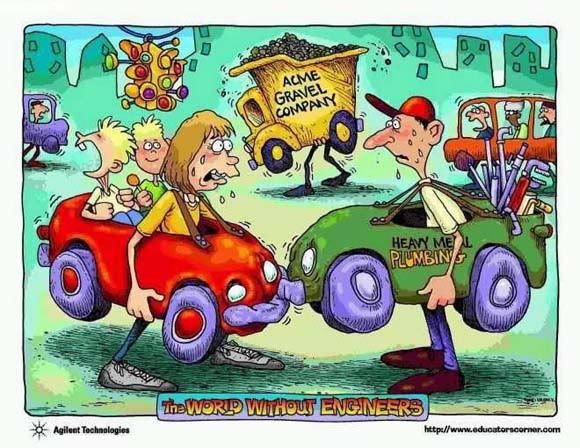
World Without Engineers 2
LoL!! -
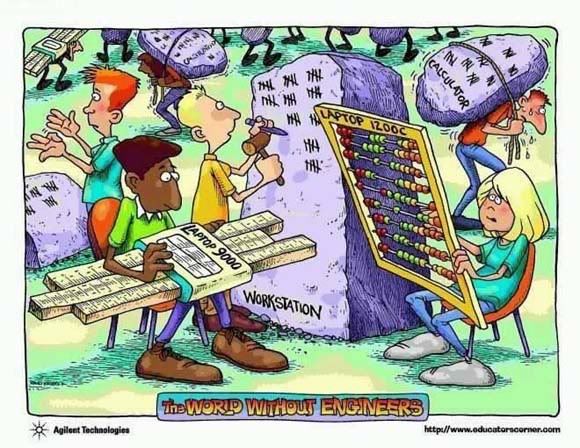
World Without Engineers 3
LoL!! -

Leaning tower
Secret revealed
